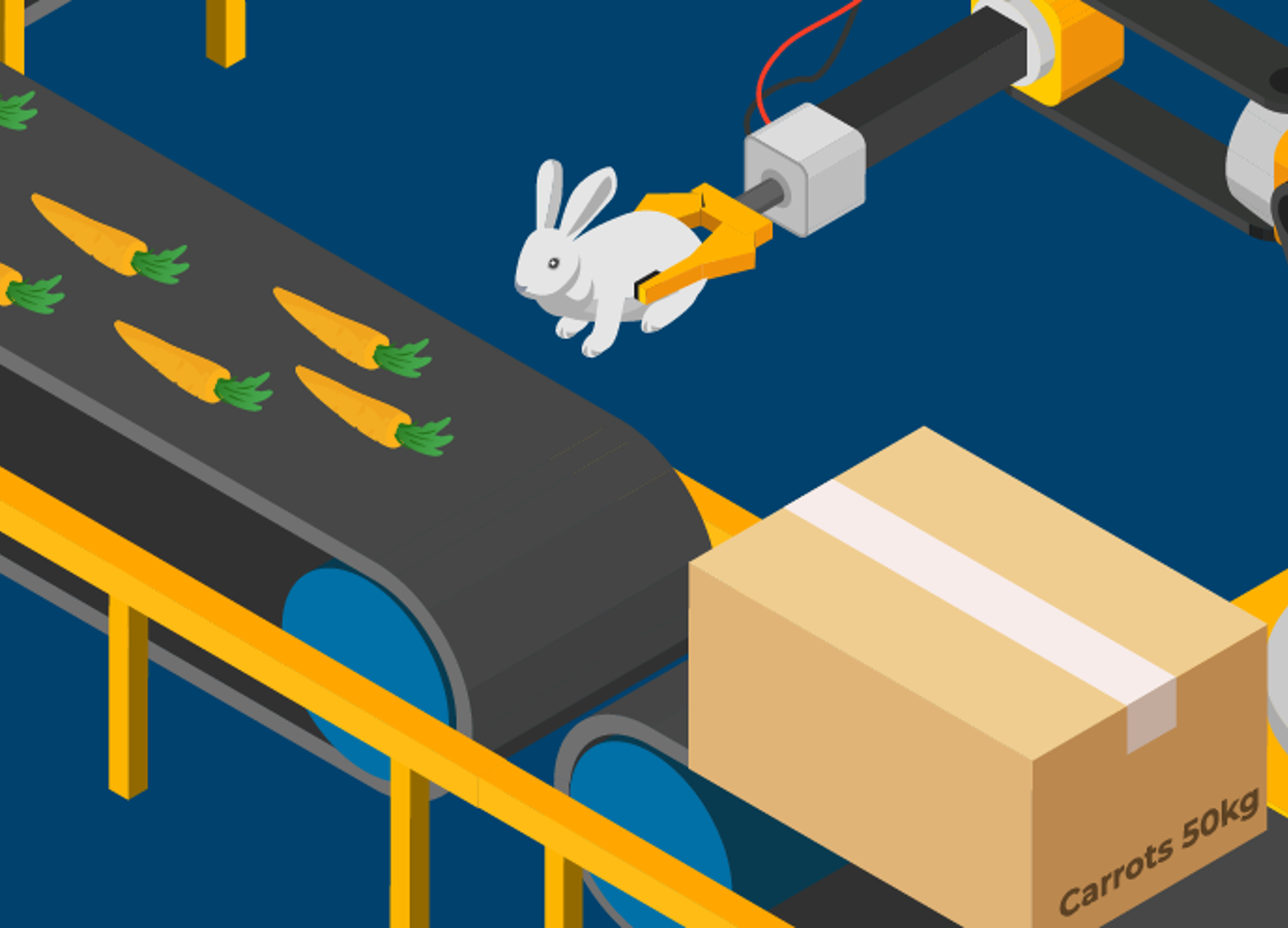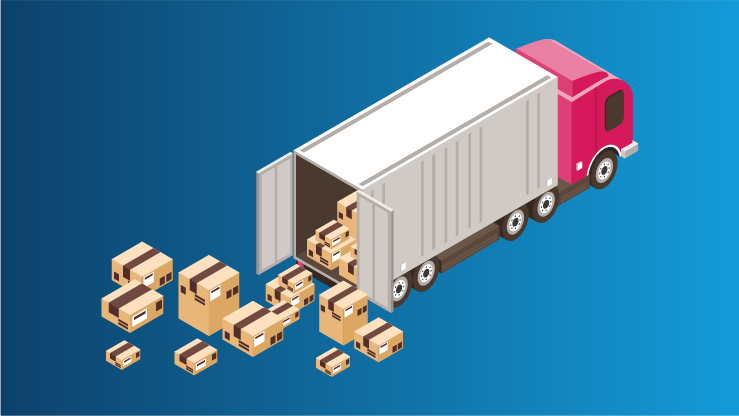Now, more than ever, businesses operating in the manufacturing industry must reassess risks and remodel resilience capabilities. These are just a few reasons why companies should think carefully about risks in the coming weeks and months, and take steps to prepare their business for any other obstacles 2020 might have in store.
Cashflow
If cashflow wasn’t tight before, it certainly will be now. According to a recent survey by the Institute of Risk Management, 32% of organisations hadn’t even considered the risk of a pandemic. Of those that had, only one in five companies took any action. So it’s now down to businesses to ensure that cash flow is sufficient to cover the increased costs of risk management, and a potential second wave.
Supply Chain Integrity
Many risk management professionals believe that the ongoing health crisis could be masking other issues, which means there’s never been a better time to reassess risk. Companies should be checking that supply chain risk assessments are robust working documents, and that all potential exposures are fully covered.
Reputation Protection
An effective crisis response can have a huge impact on share prices. A positive resilience culture can boost the value of shares by 5%, while a negative one can reduce the value by up to 12%. Crisis management is particularly important in recall scenarios, which is why good coverage must provide access to industry-leading reputation management experts.
Food Chain Vulnerabilities
Food chains are vulnerable to shifts in regulatory power, trade agreements and many other factors. Such changes can prove challenging for regulators and businesses alike, and this is something to keep an eye on. We may soon see questions arise over whether the insurance world should be responding to food fraud and whether policies cover it.
Organisational Challenges
Organisations can be reluctant to invest time and money into planning for situations that might never happen. But in the wake of a pandemic, this is likely to change. As business leaders start to recognise the importance of planning for every eventuality, attention will turn to business restoration and reinvention planning. Risk managers will be tasked with reviewing and remodelling their company’s resilience capabilities for the future.
If a company does fall foul of any manufacturing risk, like a product recall for example, it’s likely that the situation will demand a rapid, professional response, planned and executed by a knowledgeable team. And that’s why it’s so important that companies take the time to plan their crisis response strategies, and understand how their actions could influence reputation and recovery.
A good product recall insurance policy should provide business interruption cover, reputation protection and crisis response support. Our comprehensive product recall policies are suited to a variety of industries and recall scenarios, ranging from supplied contaminated ingredients, contract manufacturer errors, to cyber tamper, animal by product and software product safety. Get in touch to find out more.



